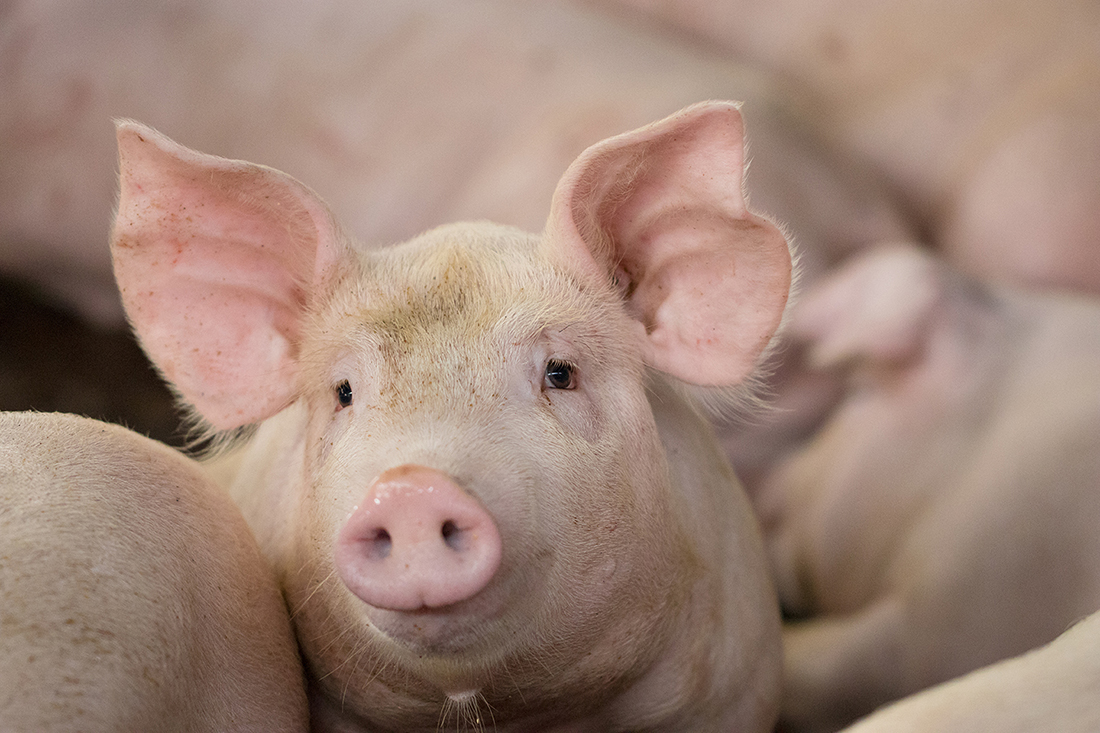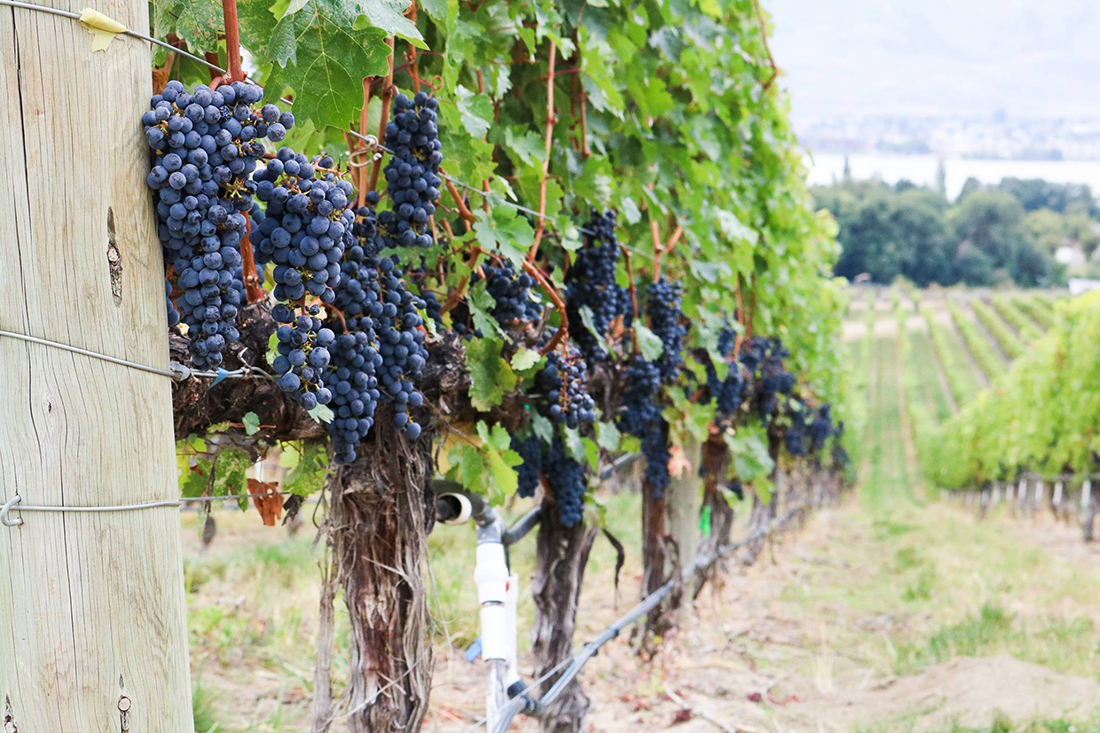The invasion of an Abbotsford hog farm by protestors shortly after dawn on April 28 was the culmination of days of rumours that such an incident was in the works.
Fraser Valley livestock producers were on alert, and police in Abbotsford were aware of the rumours, but there was no solid evidence until protestors arrived at Excelsior Hog Farm in West Abbotsford. A video of their arrival posted to social media shows dozens of black-clad activists filing into the farm’s clean and orderly barns, declaring it to be the first occupation of a livestock farm in BC.
The protest followed People for the Ethical Treatment of Animals’ release of a video to media on April 22 claiming to show sick pigs at the farm. The video followed a break-and-enter at the farm in late March during which surveillance cameras were installed. Those cameras were removed, and police are investigating.
Abbotsford Police Department communications officer Sergeant Judy Bird said the two incidents are being investigated separately at the moment. While a suspect identified himself to media in the first break-and-enter, police must build a case before laying charges.
The latest incident saw 50 identified, and information taken, but just one arrest was made.
“Our investigation continues, and we will be looking at charges for the protestors with respect to break-and-enter and mischief,” Bird said of the protest.
Run by the Binnendyk family, the farm has maintained an open approach, saying it has nothing to hide. It is one of the first open housing systems in BC for pigs, and places an emphasis on animal welfare.
Bird credited the family’s openness with helping ensure an orderly resolution.
BC Agriculture Council offers communications workshops as part of its public trust initiative built around a “shared values” approach that focuses on CHAT principles – Check your reaction, Hear what others are saying, Acknowledge and ask questions, Tell your story – when dealing with the public. BCAC public trust manager Becky Parker says protocols for dealing with protestors are the purview of individual commodity groups.
Which farm invasions are rare in Canada, Bird said the protest is a reminder that they’re not out of the question. She encourages farmers to report any sort of suspicious activity on their properties to police.
“I don’t recall us having anything like this in Abbotsford before,” she said. “This puts an extra reminder on us that this has the potential to happen again in the Fraser Valley.”


